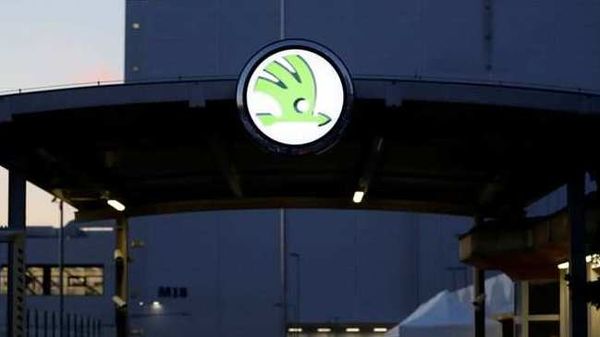Skoda Auto Volkswagen resumes production at Aurangabad plant


Skoda Auto Volkswagen India on Thursday said it has resumed production at its Aurangabad plant with reduced manpower and has also commenced work on its India 2.0 project at the Pune facility adhering to all necessary safety protocols amid the coronavirus pandemic.
The Aurangabad facility which will be working with reduced manpower in a single shift, will initially produce the new Superb ahead of its launch next week and later include other models and brands as the company scales up its production gradually, the company said in a release.
Also check these Vehicles
As port-operations and manpower availability continues to improve, operational efficiency of inbound logistics and parts availability will aid gradual ramp-up to full production capacity, it said.
"The post Covid-19 era will have challenges new and old, however, we need to look ahead with optimism once more. By resuming production we will be in a better position to react to market demands and consumer needs.
"Over the past few weeks, we have been working closely with the government, local administration and our medical team to develop a 'Safe Production and Safe Office concept' and implemented the same in our operations," said Gurpratap Boparai, Managing Director, Skoda Auto Volkswagen India Private Limited (SAVWIPL).
Also Read : Skoda Auto Volkswagen employees donate a day's salary to help fight Covid-19
The auto maker said it has resumed preparation of the India 2.0 project with developments towards the Start of Production (SoP) of its SUVs based on the MQB-A0-IN platform.
With a focus on India, Skoda Auto has developed the MQB-A0-IN platform variant on which models for Skoda Auto India and Volkswagen India are being built.
The Skoda VISION IN and the Volkswagen Taigun concept study showcased at the Delhi Auto EXPO are the first vehicles to be built on this platform.
The company said both Aurangabad and Pune plans are following a well-defined safety protocol, listing 60 points to ensure the safety of its employees.
These SoPs include specific rules on distances and hygiene. As part of the SoP, the employees are called on to measure their temperature at home every morning and go through a 6-point health checklist before they leave for work.
Wearing of face mask during travel and at work has been made mandatory. Numerous distance markers on floors act as guides for walking and for keeping distances during entry and exit.
Other provisions have been made for production staff to work in smaller teams, undertake virtual training, restrictions on sharing of tools and mandatory usage of gloves are some of the measures enforced to keep personal contact and the risk of infection to a minimum, the company said.








 1984 cc
1984 cc Petrol
Petrol


 77 kwh
77 kwh 510 km
510 km












